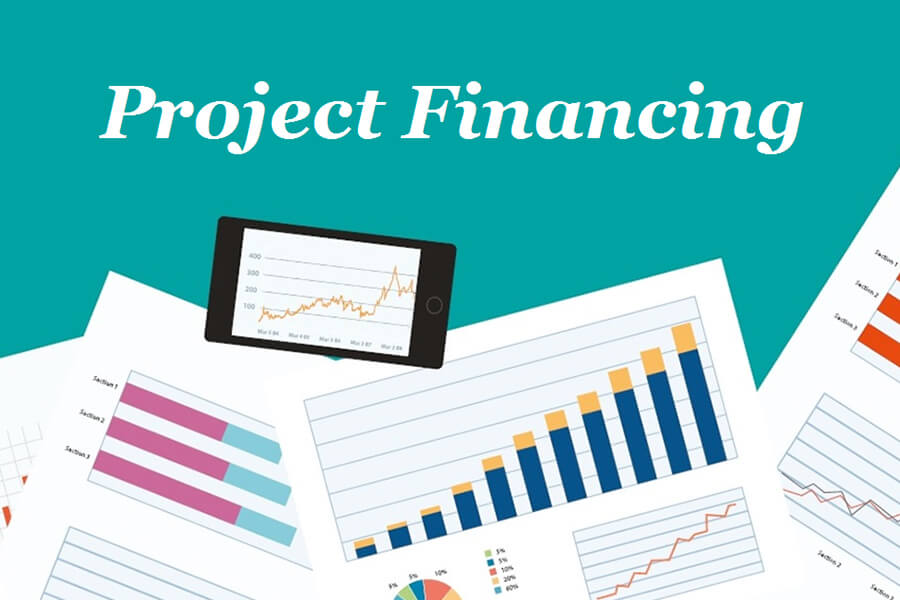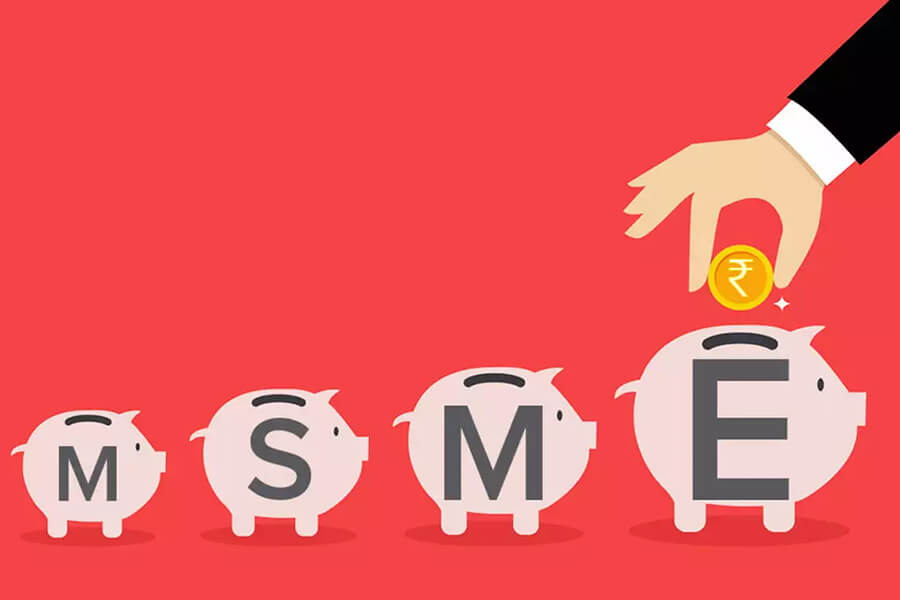
GOVERNMENT SUBSIDIES AND LOANS
GOVERNMENT SUBSIDIES AND LOANS
Presently to boost the economy and promote businesses government is providing various types of loans and subsidies to businesses and new enterprenuers. We provide Guidance and assistance in obtaining loan and availing subsidy available to the businesses from various govrenment departments like Central government/State Government inform of capital subsidy/interest subsidy/seed funding and any other type of loans to start any specific business in any specified area of business.
We provide assistance in Machinery Loan and subsidy available against machinery.
Interest subsidy from state government and central government

PROJECT FINANCE
PROJECT FINANCE
Other examples of project finance include mining, oil and gas, and buildings and constructions. Real estate project finance cash flows should be sufficient to cover operating expenses and to fund the financing repayment requirements. Typically, the financing is made up of debt.
Project financing is a loan structure that relies primarily on the project’s cash flow for repayment, with the project’s assets, rights, and interests held as secondary collateral. Project finance is especially attractive to the private sector because companies can fund major projects off-balance sheet.
The most visible characteristic of project finance is that it is non-recourse debt as to individual shareholders, including the project sponsors. Non-recourse financing means the borrowers and shareholders of the borrower have no personal liability in the event of monetary default.
Because individuals, businesses, and government entities all need funding to operate, the finance field includes three main subcategories: personal finance, corporate finance, and public (government) finance.
Project finance may come from a variety of sources. The main sources include equity, debt and government grants. Financing from these alternative sources have important implications on project’s overall cost, cash flow, ultimate liability and claims to project incomes and assets.

MSME
MSME
MSME stands for Micro, Small and Medium Enterprise (MSME), introduced by Government of India in agreement with Micro, Small & Medium Enterprises Development (MSMED) Act, 2006 are entities engaged in the production, manufacturing, processing or preservation of goods and commodities.
The MSME enterprise should be in business for over a year and its annual turnover should be greater than INR 24 Lakhs. The documentation required for loan eligibility includes KYC documents, a business registration certificate and the Current Account statement for the last 6 months.
MSME covers only manufacturing and service industries. Trading companies are not covered by the scheme. MSME is to support startups with subsidies and benefits, trading companies are just like middlemen, a link between manufacturer and customer. Hence not covered under the scheme
Both MSME and Udyog Aadhar registration processes are quite similar but they are different initiatives. Udyog Aadhar can be an easy means to acquire MSME registration. So, you can easily apply for MSME registration once you get your 12-digit Udyog Aadhar number.

